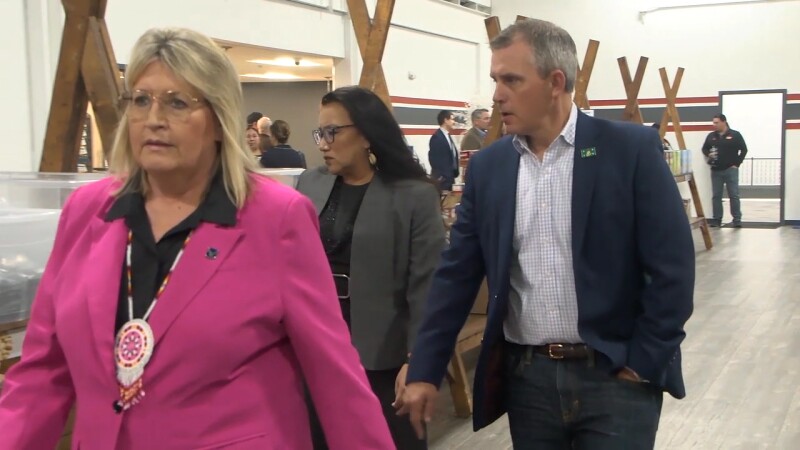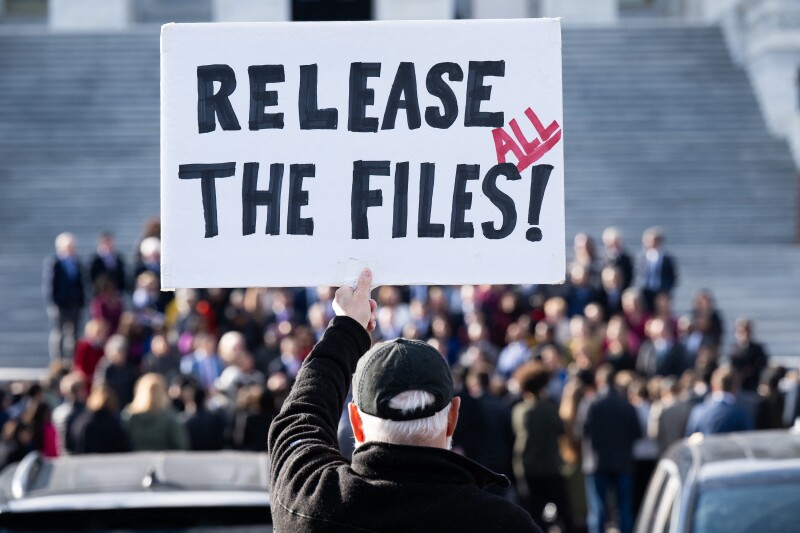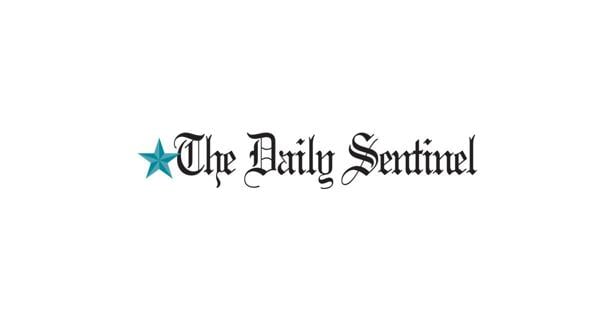In response to the federal government shutdown, North Dakota Governor Kelly Armstrong has initiated measures to support residents facing financial challenges. His administration has implemented a low-interest bridge loan program through the Bank of North Dakota to assist furloughed federal workers, including military personnel, who are struggling due to interrupted paychecks. While these steps are commendable, many argue they are insufficient in addressing the broader economic impact of the shutdown.
Armstrong recently announced an additional allocation of $1.5 million in state funds aimed at alleviating food stamp shortages. This includes $915,000 directed to the Great Plains Food Bank, an organization responsible for distributing food to local charities. This funding is projected to enable the purchase of an additional 450,000 pounds of food, enough to support approximately 24,000 households. Additionally, the Women, Infants and Children (WIC) program will receive $600,000 to sustain operations through November 2023.
The situation remains critical, as about 57,000 North Dakotans rely on food assistance through the Supplemental Nutrition Assistance Program (SNAP), collectively receiving around $10 million in benefits each month. Without action from Congress, these benefits may be halted in November, leaving thousands without essential support.
While Armstrong’s efforts reflect strong leadership and a commitment to protecting vulnerable citizens, many believe that they do not fully address the underlying issues. Numerous North Dakotans outside the SNAP program are also feeling financial pressure, whether they are furloughed government workers, farmers facing low crop prices, or small business owners struggling with rising healthcare costs and inflation.
Although the Governor’s initiatives provide temporary relief, they cannot substitute for the comprehensive solutions needed from federal lawmakers. North Dakota’s revenue streams are also declining, exacerbated by challenges in the agricultural sector and fluctuating tariff policies. As a result, the state’s financial resources are limited, making it difficult for Armstrong to address this crisis entirely from Bismarck.
The current political landscape in Washington is contributing to the uncertainty faced by North Dakotans. As the nation approaches a critical juncture, there is an urgent need for cooperative governance that prioritizes effective policies over partisan victories. The risk of allowing millions of Americans—including children, seniors, and low-income families—to go hungry is a pressing concern that demands immediate attention.
Moreover, the impending winter season raises additional issues. Funding for heating assistance is also stalled, which poses a significant risk, particularly for residents in tribal communities who may lack the resources to stay warm during harsh weather conditions.
In summary, while Governor Armstrong has taken meaningful steps to mitigate the impact of the federal shutdown, the situation requires more substantial intervention from Washington. The unresolved political gridlock continues to jeopardize the well-being of many North Dakotans, highlighting the urgent need for bipartisan cooperation to resolve these critical issues.







